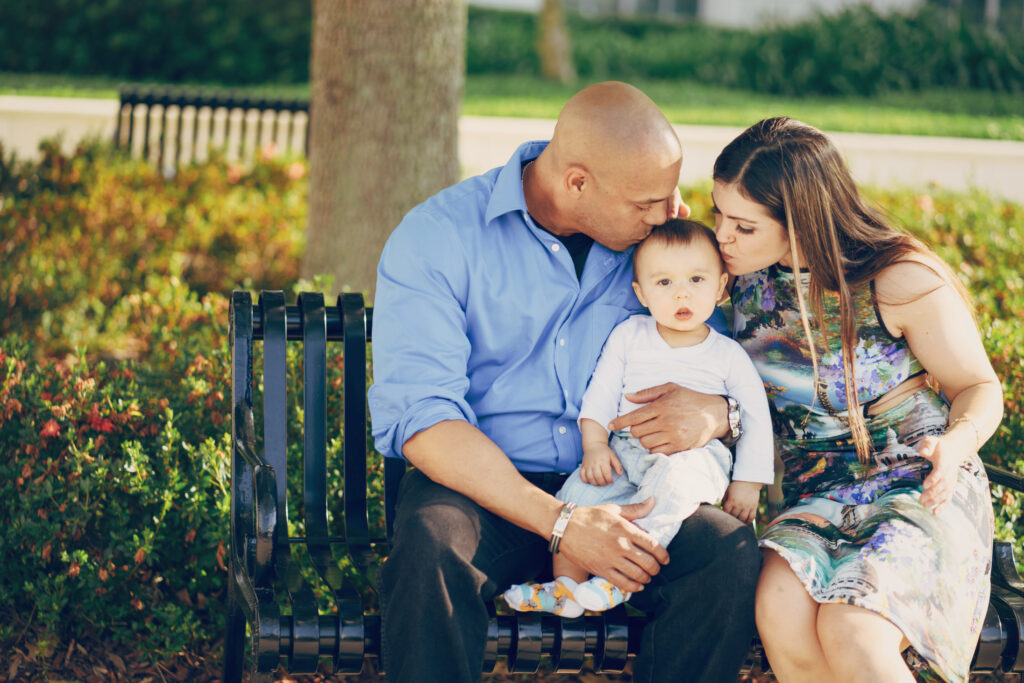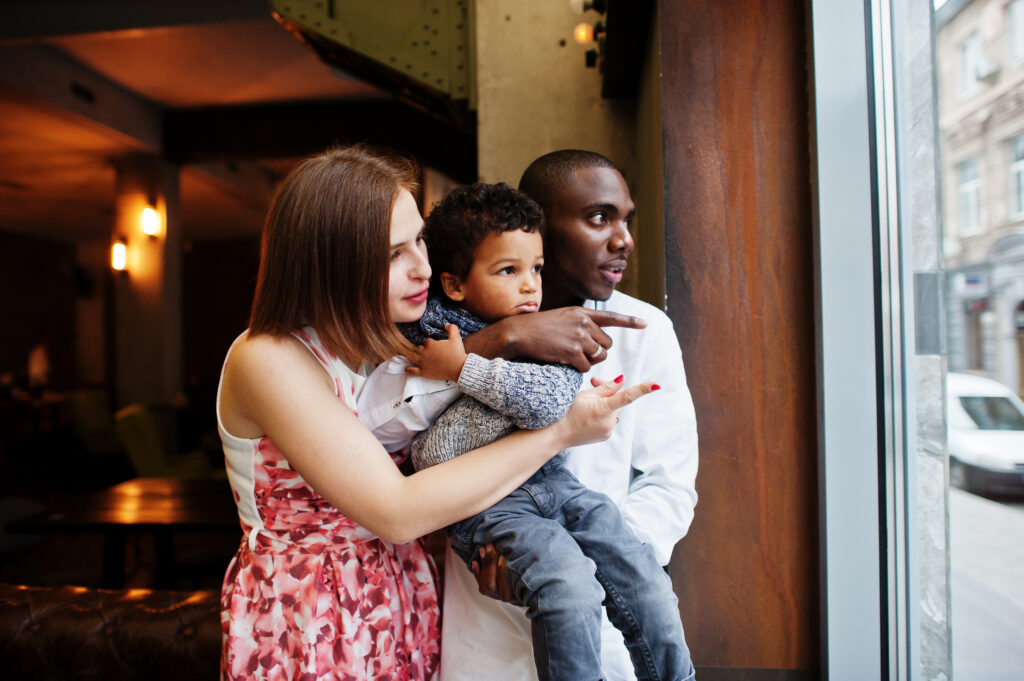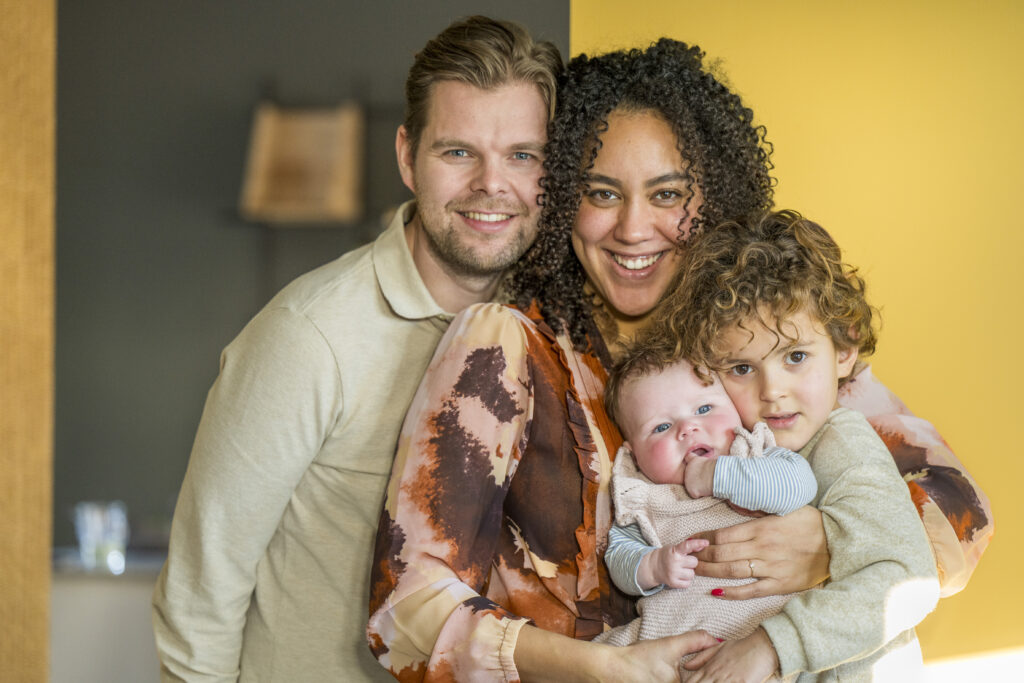What Is Conscious Co Parenting
Conscious co-parenting explains the modern tactic where unofficially married or divorced parents can live together and arrange how to bring up the child on mutual respect, communication, and ensuring the well-being of the child. According to research, conscious co-parenting implies a continuing joint venture on the part of the parents for the well-being of the child even after separation. Conscious co-parenting means setting differences aside and communicating with respect. The proposed goal is creating an atmosphere of stability and safety for the child. It enables both parents to remain active and concentrate on what matters most the happiness of their child.
Why Is Conscious Co Parenting Important?
Co-parenting with awareness is essential for placing priority on the emotional welfare of the child. When parents consciously co-parent, they provide a more stable nurturing environment for the child through this phase of restructuring the family system. Such an arrangement reduces emotional stress due to existences in two households and instills in the child a sense of security that both parents are in accord with each other. Emphasis on mutual respect and understanding creates an environment in which children relate better to both parents.
Conscious co parenting is necessary due to the positive example it sets for children. When parents argue with each other, they show the children that they actually know how to disagree respectfully and how to communicate when things get rough. They are imparting to the children perhaps the most rewarding life lesson. By cooperating and empathy overcome challenges they will know how to face their own relationships in the future. Conscious co-parenting would also end bringing the parents to a collaborative effort of prioritizing the child’s needs for the purpose of growing that child in a loving and supportive environment.

Tips for Successful Conscious Co Parenting
1. Communicate Effectively
Use clear and respectful language to discuss the needs of your child. It means avoiding blame and resentment. Discuss the issues with the positives of coming to a solution rather than bringing up the negatives.
2. Put the Child First
Always prioritize your child’s needs and well-being when making decisions. Try to do what will make them feel safe, happy, and supported. Setting aside personal conflicts ensures your child’s needs are at the center of every decision.

3. Create Consistency
Children thrive in stable environments, so aim to maintain similar rules and routines across both households. Consistency and punctuality in bedtime, meals, and discipline provides a sense of security. This helps the child adjust better to life with co-parents.
4. Resolve Conflicts Privately
Never argue or discuss sensitive issues in front of your child. Such conflicts can cause stress and confusion that may impact their emotional health. Handle disagreements calmly in privacy to protect your child’s peace of mind.
5. Seek Professional Guidance
If you face challenges in co-parenting you may want to seek the help of a counselor or mediator. These may help in giving you strategies on better communication and conflict resolution. It may actually yield a healthier and more productive co-parenting relationship.
6. Remember Kids will make mistakes and so will you
As Children are learning, and growing, mistakes are a natural part of their journey. You, too, will make mistakes as a parent, but what matters is how you handle it and how sometimes just approaching them with the right perspective. That allows your children to view it as their opportunity to grow and connect.

Benefits of Conscious Co Parenting
Conscious co-parenting offers numerous advantages to both parents and children. It cultivates a cooperative atmosphere, wherein both parents prioritize their child’s needs, which leads to better emotional stability for the child. Children are found to develop consistency in rules, routines, and open communication between parents. That helps them to feel more secure and hence less vulnerable to stress, anxiety, or confusion associated with changes to their family.
Conscious co-parenting improves the relationship between the parents by decreasing conflict and creating an atmosphere of mutual respect. Parents then work together more efficiently through clear communication and a set of common objectives By reducing most of the emotional strain in bringing up a child in two homes. Everyone benefits from this harmony among so many involved hampering healthier family dynamics and more sunshine for the child’s positive development.
How Conscious Co Parenting from Two Homes Could Be Peaceful?
When both parents are willing to put effort into their child’s well-being, conscious co-parenting from two homes is beautiful. Hence, co-parents can respect and communicate with each other in this way to keep their environment peaceful despite living separately. Parents’ relationship is crucial to children because it makes them feel safe and loved, regardless of where they may be.
When parents manage to establish some agreement as to the household rules, routines, and expectations between homes, they are able to reduce confusion and provide a consistent and stable environment. Boundary setting and problem-solving in private will be the best answer to stopping the creation of problems raised unnecessarily in front of children. This is how co-parenting becomes a more manageable and peaceful experience that supports all involved.

The Social Science is clear: Children Are Not Harmed by Divorce, But by Conflict
It is researches in social sciences, which inform that they believe not about divorce harming children but the ongoing tussle of parents. Children must be self-sustaining and okay they will adapt to changes in the family structure as long as it has affection and support. The emotional toll occurs when children are continually in the center of the parents’ squabbles. High levels of conflicts produce anxiety, depression, and behavioral problems in them.
Minimization of adverse effects associated with divorce results when parents conduct their disputes respectfully and in the best interest of their child. Children secure a post-divorce safety concerning parents if both parents have good relationships among themselves. The contrary is constant tension and unresolved conflict, which disrupts the child’s safety and stability. The base is reducing conflict and cooperation-making, enabling children to adapt and flourish in a healthy ecosystem.



Pingback: Conscious Co-Parenting Explained: A Comprehensive Guide